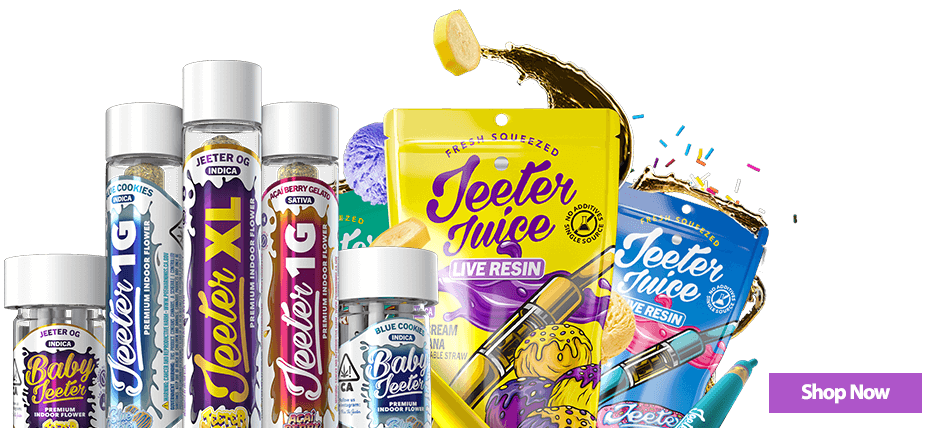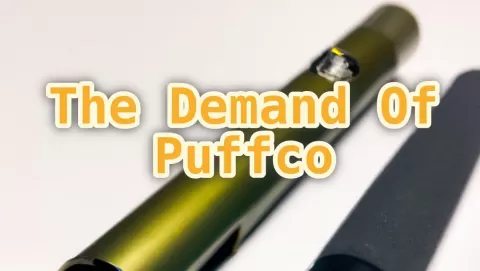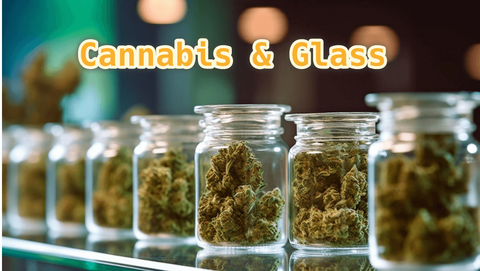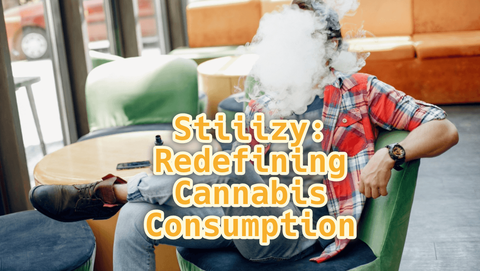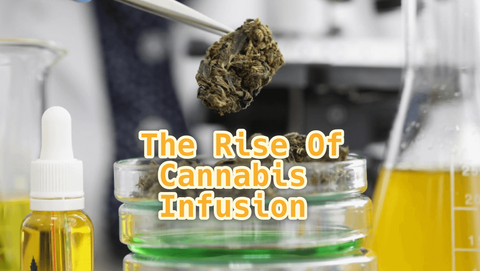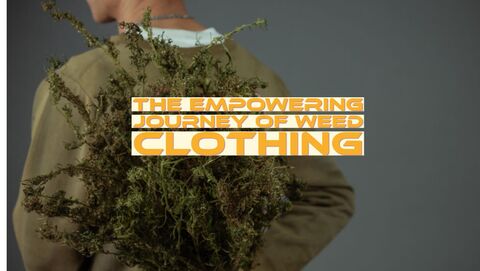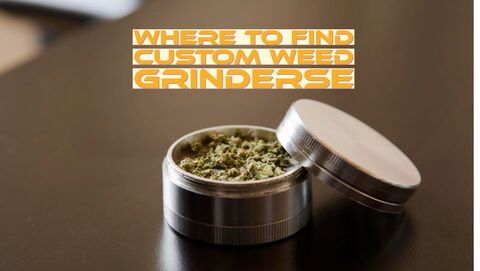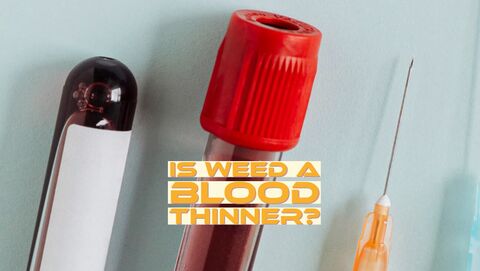Latest Blog Posts
Top rated
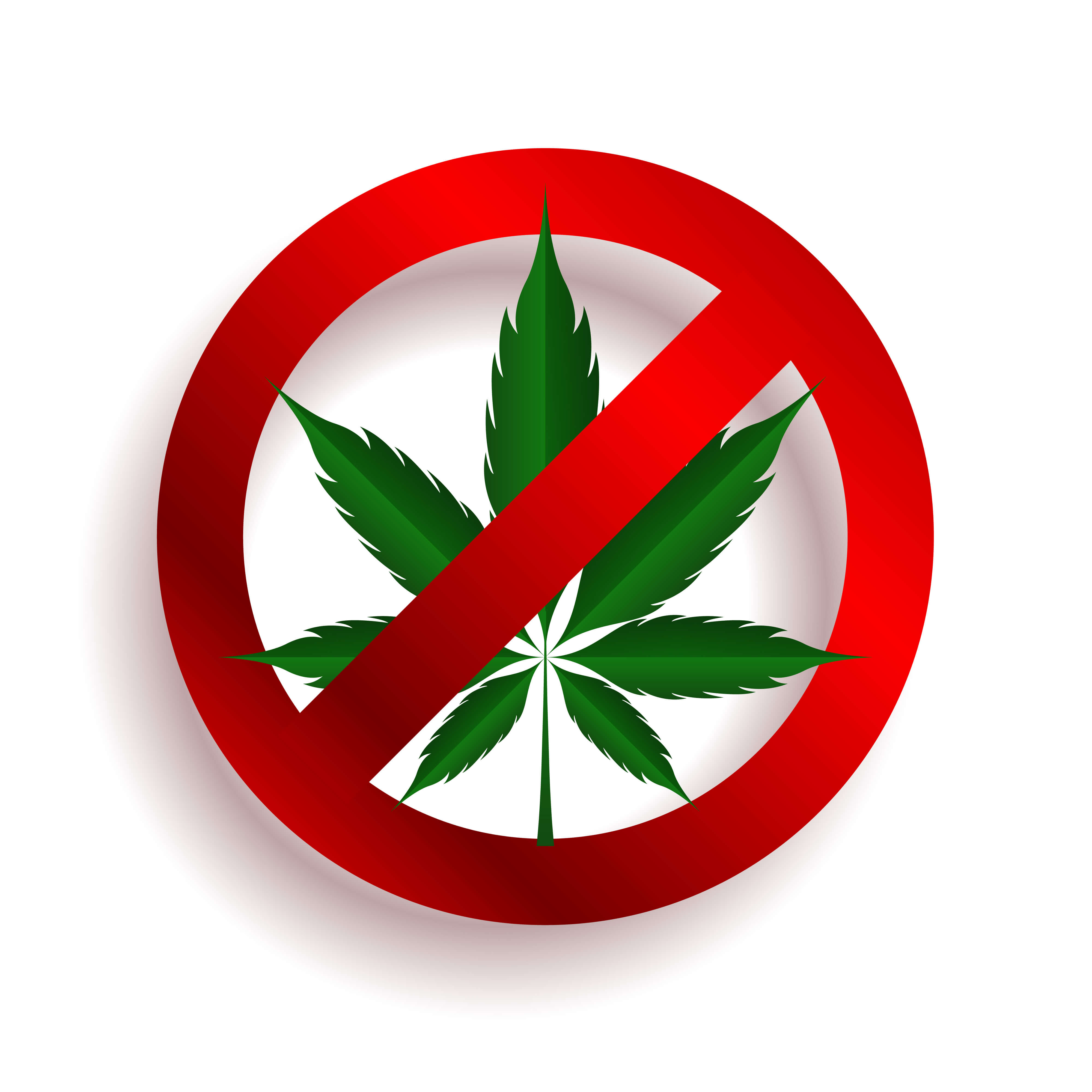
The Ultimate Guide to Cannabis Legalization
If you want to buy marijuana in many areas of the United States, you can go to a dispensary to get the weed or have it delivered by a dispensary or an exclusively delivery company. But how does it work?
The federal government has made it clear that they want all businesses operating in the U.S. to be “prohibition-compliant,” which means they need to follow zoning laws. Many local ordinances prohibits marijuana businesses within 1,000 feet of schools, parks, and playgrounds so that none of those would be involved in selling weed.
A state has intervened in the battle and chose not to enforce these laws. That means legalized marijuana: if you live in one of these states where cannabis is legal for recreational or medical use. You want to buy weed from a dispensary or an individual who grows at home. Now you are free to do so.
Had only half of the states bought about $500 million a year, it would have been possible to significantly increase the number of people (and the resulting tax revenues) who could legally buy cannabis. There are still a number of states where cannabis is illegal for recreational or medical purposes.
So how do you get people to overcome those hurdles? How do you make them aware that legalizing cannabis will improve their lives? Advertising isn't beneficial because most people don’t know what medical marijuana means.
Federal vs State Laws and the Debate
Is the federal government regulating marijuana the same way it does alcohol and cigarettes? The answer will depend on a couple of factors. First, how much money the government can afford to spend on this issue. Second, how many states allow medical weed, but not recreational weed.
A recent Pew Research study revealed that 44% of Americans support marijuana legalization. In comparison, only 32% oppose it, including both Democrats and Republicans (although only 29% of Democrats favor it). So, your odds are probably better if you are in a blue state like California or Massachusetts, where voters have already approved medical cannabis.
Hillary Clinton, Bernie Sanders, and Donald Trump oppose legal weed. But even they’re not going all-in on legalizing weed at this point. So, before you say how great your state is for legalization — keep in mind that most states have recently made headlines for anti-marijuana laws (Colorado voted 53%-47% to legalize medical marijuana).
According to the former Secretary of Health and Human Services, certain state decisions regarding the legalization of medical cannabis are "great for a national strategy, especially if that state can survive when other states legalize marijuana."
Most states have not legalized marijuana because of the "compromise" bill, signed by Colorado Gov. John Hickenlooper in 2013. The compromise bill allowed the sale of recreational cannabis in Colorado but prohibited the sale of medicinal weed. However, this rule was not final. The Department of Public Safety (DPH) can rewrite the rules for recreational marijuana, even if it becomes a reality for recreational use.
Legalization Efforts
The legal status of cannabis varies from state to state. Some states have legislation permitting their use and sale, while others do not. Most people think cannabis is a Schedule 1 drug. This means a high probability of abuse, which is not currently accepted for medical use in the United States and is likely to be abused.
The Controlled Substances Act (CSA) classifies cannabis as a Schedule I. This means that cannabis is currently not approved for medical use and is likely to be abused. The CSA defines Schedule I drugs as drugs with no currently accepted medical use and are likely to be abused.
This makes cannabis illegal at the federal level, but efforts to legalize it at the state level have been successful.
• In Washington, cannabis is legal if you are 21 years of age or older and have a valid prescription from your doctor or pharmacist.
• In Colorado, cannabis is legal under a law passed in 2012 (effective from January 2014).
• In Oregon, cannabis is legal under a law passed in 2015 (effective from September 2016).
• In Alaska, possession of non-medical cannabis is not a criminal offense. Still, possession of more than 2 ounces for personal use will be punished with a fine of up to $1,000 (only enforced if you're caught with more than 4 ounces).
In 2017, President Trump signed a law to reduce prison time for small amounts of marijuana patients due to his administration’s support for state rights. That is, you can vote on whether to legalize cannabis again.
Hawaii was the only state where marijuana was legalized at the end of 2014, so before looking at other states that have legalized weeds this year, let's first look at what's happening there. Hawaii has been a fully legalized weed since 2015. However, since 2000, only four US states — Alaska, California, Maine, and Massachusetts — have legalized recreational cannabis (the first three states all passed the legalization bills on the same day).
New Mexico legalized recreational marijuana in December 2016 but allows medical marijuana starting January 1 of this year; however, there are still months before full legalization takes effect (this will be November 2020, when most recreational sales will be available nationwide).
If you have questions about weed laws in your area or want to know if they weed is legalized in your area, visit Weedbates.com to find dispensaries near you that list their locations based on their site.
Pros and Cons of Legalization
In the United States, there are currently twenty states that have legalized cannabis for recreational purposes and many more that have some form of decriminalization or legalization including for medical purposes. The legalization movement is also growing in other countries: Uruguay is working on a holistic approach, while Canada and Latin America will discuss the topic soon.
There are many potential benefits to legalizing marijuana such as increased availability for medical use, reduced cost for consumers, fewer criminal records for users, less stigma around drug use, cost savings for governments due to reduced healthcare costs, improved social conditions such as quality of life and job opportunities, improved public health, and many other factors.
There are also a few potential drawbacks such as increased crime rate due to diversion of high-potency products, reduced tax revenue due to lower overall tax revenues (i.e., higher prices), increased racial profiling of people convicted of drugs since it can be detected more easily in areas where marijuana usage is high (i.e., not so much “smoked out” as “smoked in”), increased political risk in states where weeds are currently illegal — something that could go both ways if voters choose not to legalize it by popular vote.
In short, legalization carries its own set of risks that should be weighed against the potential benefits before the community decides whether to support it or not. The apparent advantage of legalization is that drug-related adverse social effects are reduced. One such positive finding is that public support for the legalization of marijuana is likely to reduce policing and incarceration, especially in states with a large black population due to the considerable prevalence of cannabis use.
Another benefit of legalization is that there will be less burden on law enforcement agencies due to the potential diversion of high-potency products; as a result, states are likely to see significant cost savings on these services, which can be transferred to law enforcement agencies to offset the cost of legalization. However, the cost savings from the reduced policing and incarceration of marijuana users are not considered as positive.
A recent report on the cost of marijuana decriminalization estimates that the price for police and incarceration saved will be about $4 billion for 2016. Suffice it to say, if you are looking to legalize marijuana for your community, you weigh both benefits and risks and try out all viable options you have available in your community.
Achieving Legalization
This topic is certainly all about legalization for U.S. citizens, but it is the same for almost everyone globally. This is an excellent spot to remind yourself that marijuana is legal in all countries worldwide. Suppose you live in a country where marijuana is legal but not for U.S. citizens (such as Canada). In that case, it is a good idea to keep this in mind when reading about different countries’ approaches.
UK – Cannabis remains illegal under British law, but there was a change in policy from 2010-2017 that allowed amendment of legislation being introduced into Parliament if they were passed by at least two-thirds majority vote (the government had to be “in favor” of it). The Home Office hopes this change will lead to change over time: "The Home Office continues to believe that cannabis is harmful and should remain illegal under British."
Canada – In September 2013, Justin Trudeau became Prime Minister of Canada after he won a minority government victory over incumbent Stephen Harper's Conservative Party and made an official announcement regarding cannabis legalization. Unfortunately, as we have seen with other countries' policies regarding weed, it took multiple attempts over the years before we saw any real change take place.
The Bottom Line
Our goal is to create a new standard for the world. The position of legalization advocates to make the world a better place for its people, communities, and economies. Legalization allows us to do just that by reducing crime and providing safer methods for cannabis consumption.
There are several reasons why we believe that we are on the right track. We think it is time for our nation to embrace a world where marijuana is legal, regulated, and available to those who need it most.
Disclaimer: This material is for informational purposes only and should not be relied on for legal, medical, financial, or any other form of professional advice.

